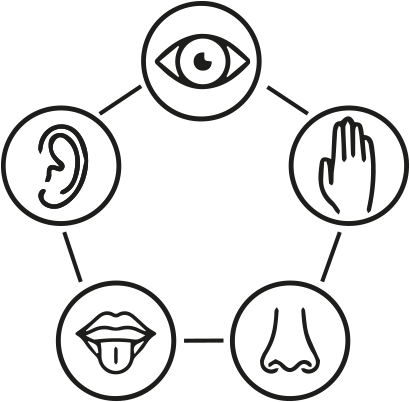Search
Sensory maps
Examples of student produced sensory maps
The senses in the museum and theater: presentation theory and strategies
Students will be asked to read and criticize 2000 years of thought on cognition and proprioception of the multisensory aspects of art and performance. Visits to the Yale museums – Yale University Art Gallery, Center for British Art, Peabody, and Musical Instruments – as well as special exhibitions at Yale and elsewhere will focus on how objects and their presentation appeal to the senses.
Led by: Frederick John Lamp
- « Previous
- 1
- 2
- 3
- Next »







